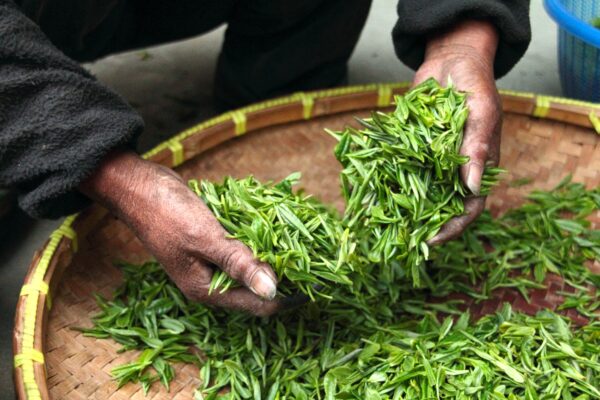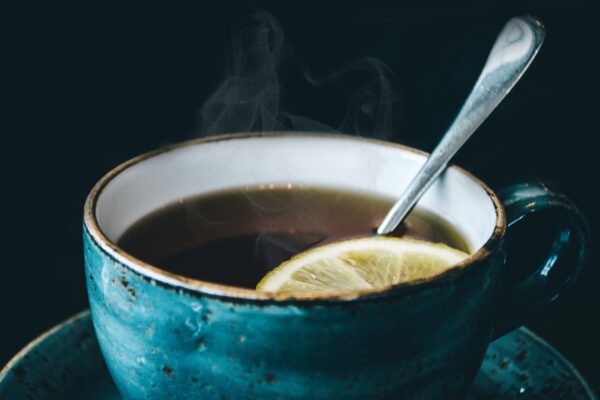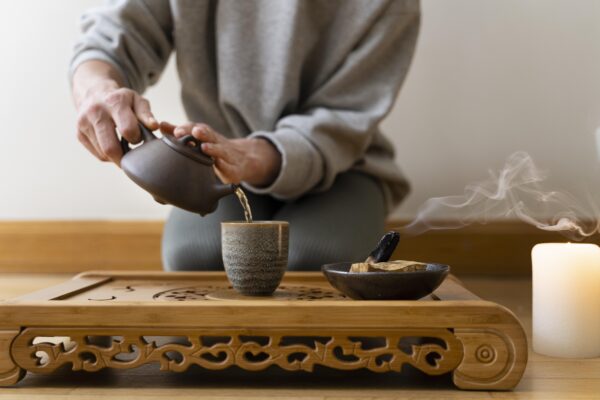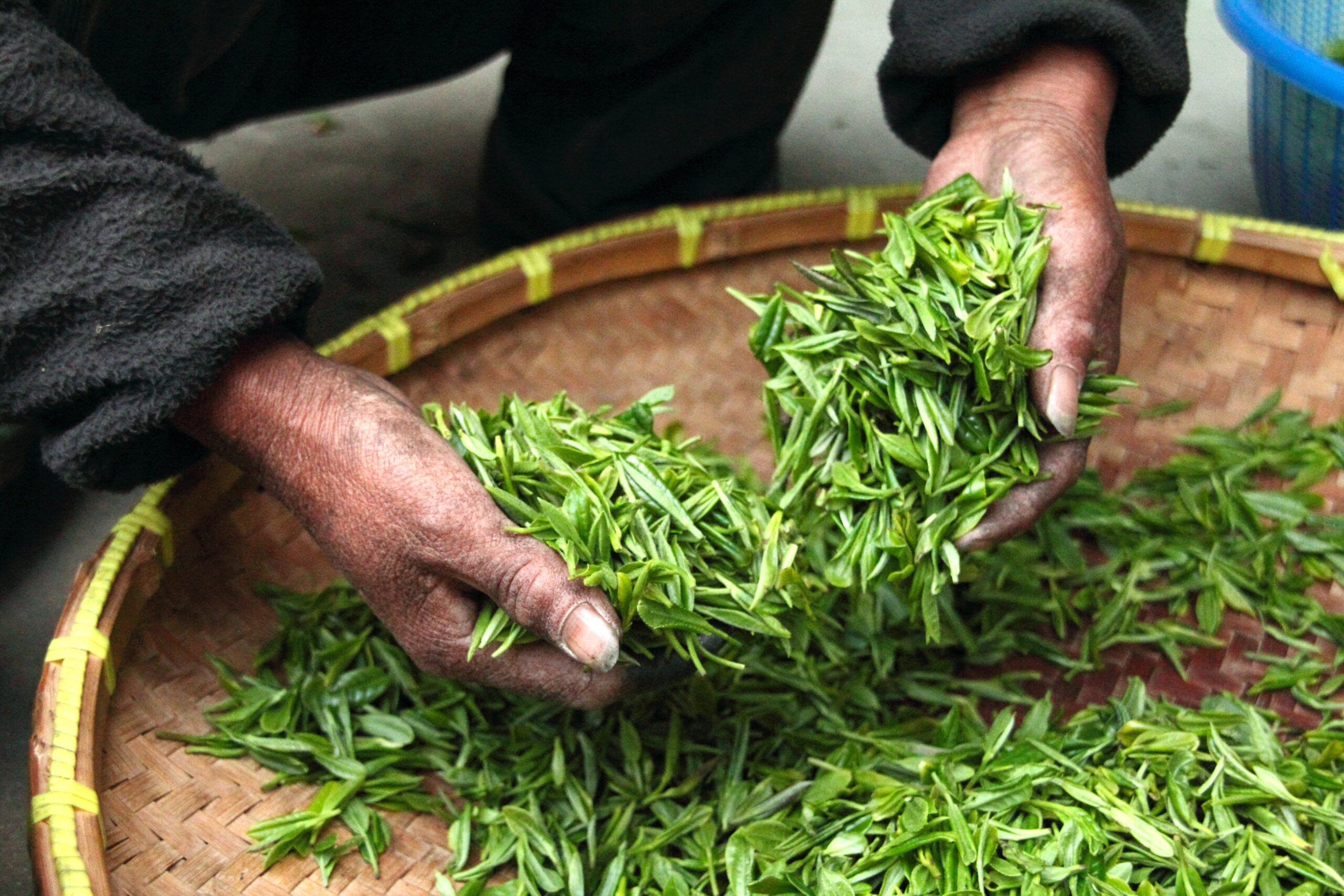Green tea, with its grassy aroma and delicate flavors, is a beloved beverage enjoyed for centuries. But its caffeine content often sparks questions and confusion. Let’s dive into the world of green tea and caffeine, exploring myths, benefits, and brewing tricks for achieving the perfect balance.

Mythbusting the Buzz:
- Myth: Green tea has as much caffeine as coffee.
- Busted: While not caffeine-free, green tea typically contains 20-50mg of caffeine per cup, compared to 80-180mg in coffee.
- Myth: Green tea gives you jitters.
- Busted: The L-theanine in green tea counteracts caffeine’s stimulating effects, promoting calmness and focus.
- Myth: Decaffeinated green tea has no benefits.
- Busted: Decaffeinated green tea still provides antioxidants and other health-promoting compounds.
Unleashing the Perks of Green Tea Caffeine:

- Enhanced Focus and Alertness: Caffeine, combined with L-theanine, can improve cognitive function and concentration without the jitters.
- Physical Performance Boost: Moderate amounts of caffeine can enhance endurance and exercise performance.
- Weight Management Aid: Green tea’s caffeine and antioxidants may slightly boost metabolism and promote fat burning.
Brewing for Your Buzz Needs:

- Lower Caffeine Options: Choose varieties like Matcha, Hojicha, or Genmaicha for naturally lower caffeine content.
- Steeping Time Matters: Shorter steeps release less caffeine, while longer steeps extract more. Aim for 1-2 minutes for lower caffeine.
- Temperature Tips: Cooler water temperatures also tend to draw out less caffeine.
- Multiple Infusions: Enjoy multiple shorter steeps from the same leaves to gradually release the caffeine and savor the evolving flavors.
Embrace the Green Tea Spectrum:
Remember, caffeine isn’t the only star of the show. Green tea offers a wealth of antioxidants, vitamins, and minerals, regardless of its caffeine content. Enjoy it for its taste, health benefits, and mindfulness ritual, while tailoring your brewing for your desired caffeine buzz.

